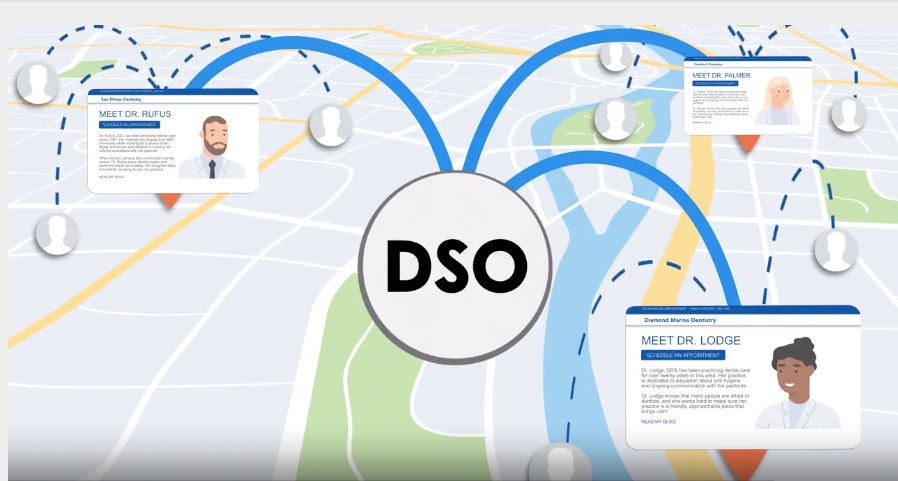Boost Your Content's Credibility With These Principles of Journalistic Objectivity
Fake news is a real problem — and not just for journalists. Look no further than a new survey that says 75-percent of Americans find it difficult to...
2 min read
![]() StoryTeller Team
:
June 30, 2022
StoryTeller Team
:
June 30, 2022
In today’s digital world, any business can reach out directly to their target customers, build relationships, and educate consumers on available products and services by making that information available online. This often takes the form of content marketing designed to address the many questions people ask today online, which to put it simply—is a lot! In fact, according to estimates, the United States alone generates over 5.6 billion Google searches per day.
In previous decades, journalists working for media organizations often served as information gatekeepers, being a bridge between companies and organizations with the wider community. In essence, marketing teams have the ability to become mini-media engines, sharing content via video, blogs, podcasts, and more.
One of our primary goals at StoryTeller is to use our journalistic roots to help companies generate useful, informative content to connect our clients with their target customers. To explore how journalistic storytelling principles aid our creation of quality content marketing for clients, we brought together a few of our StoryTeller career journalists—Ed Heil, our President/CEO; Matt Haugen, Content Manager; and Matt Chapman, Director of Content Operations. This dream team worked together in the early 2000s at WCCO in Minneapolis, MN.
Check out our roundtable discussion with this trio about how their work in television news not only instilled in them a sense of ethics and effective storytelling, but how those takeaways translate to quality content marketing that is working for companies today.
Today’s media consumers don’t trust advertisements—they want authentic stories and transparently delivered facts that allow them to form their own opinions. By approaching your marketing through the lens of a journalist—embracing a mentality of being curious and unbiased-–your content marketing will better serve your target audience.
“The key to great content marketing [that] really works is sharing quality information with audiences,” explains StoryTeller’s founder, Ed Heil. “We all know this by just being consumers in this world.”
Matt Chapman and Matt Haugen oversee the operations of the StoryTeller team and ensure our agency’s strategies for clients’ content marketing run smoothly.
When it comes to discovering the seeds of a great story others will find useful, Haugen points to the importance of listening.
“[What] I learned going through journalism school and working as a journalist for ten years is to be really good at hearing something and figuring out what the nugget of the story is and knowing what people are going to be interested in,” Haugen explains.
When companies begin planning out their content marketing, companies frequently forget who their target audience is and they fail to speak to them in a way that feels truly authentic. For example, businesses often want to tell stories about themselves, but that messaging doesn’t perform in today’s marketing landscape.
”As we talked about back when we were in TV news, why should somebody watch this?” asks Matt Chapman. “How [businesses] get people to engage in your content is to help [customers] solve their problems. For us, it's not solving our clients’ problems, it's about helping solve our clients’ clients’ problems.”
Smartphones, search engines, and social media will continue to change the ways individuals gather information and how companies share information. What our agency always tells our clients is to think like a journalist, embrace curiosity, keep an open mind, and create content that helps customers.

Fake news is a real problem — and not just for journalists. Look no further than a new survey that says 75-percent of Americans find it difficult to...

Since the dawn of humanity, people have used images to communicate complex ideas in visually intriguing, stimulating ways to others. Today, companies...

Imagine you have a concern about your heart. You visit your regular doctor, they perform a few quick tests, offer some general advice, and then refer...